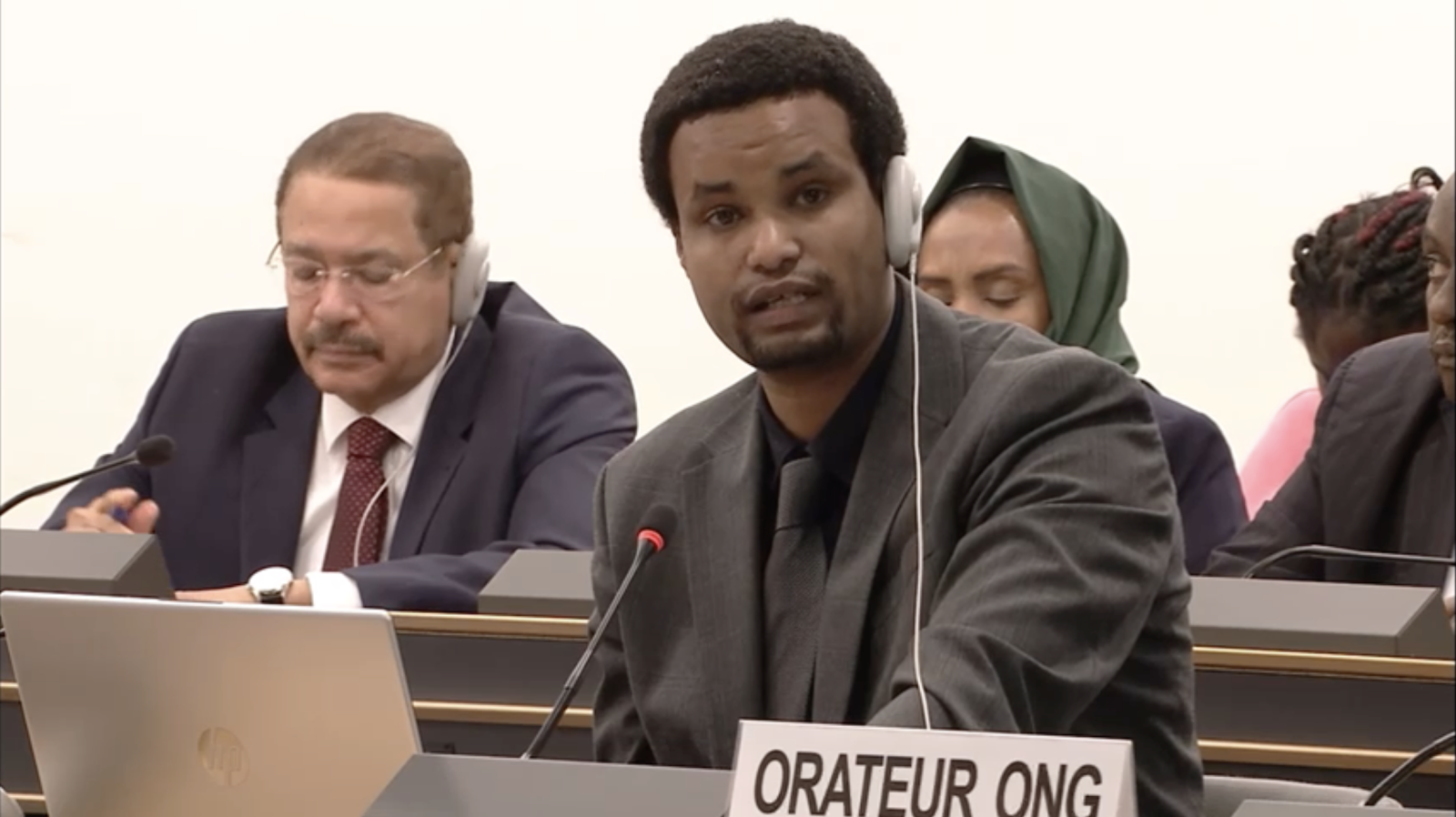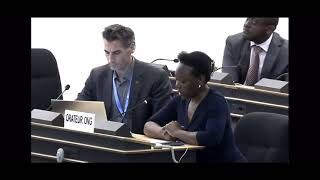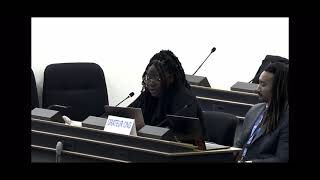Honouring a Legacy of Peace and Justice
18 July: Nelson Mandela International Day
Nelson Mandela Foundation/Matthew Willman / NM21._908f39b5c1f0b6a63d8528e88de30b97.jpg
By Eva Claeys / GICJ
Introduction
Nelson Mandela might be remembered as the first Black president of South Africa or as the anti-apartheid activist who served 27 years in prison. However, his legacy goes far beyond: he is one of the advocates who helped build a more inclusive South Africa by bringing his negotiation and leading skills to the table.
Every 18 July – on Mandela’s birthday and international day –, the UN invites citizens of the entire world to make a difference in their respective communities by taking action and inspiring change. Nelson Mandela International Day was introduced in November 2009 by the UN General Assembly resolution A/RES/64/13, which acknowledges his work and commitment to humanity as a whole. Every 5 years since 2015, the UN awards the “Nelson Rolihlahla Mandela Prize” which aims to recognise and celebrate those who spent their lives at the service of humanity. The two laureates of the 2025 edition are the Canadian activist fighting for Indigenous rights, Brenda Reynolds, and the community organizer and social entrepreneur, Kennedy Odede. For this year’s edition of Nelson Mandela International Day, the UN is organizing an informal plenary session and a public service activity in New York.
Who was Nelson Mandela?
Nelson Mandela was born on July 18, 1918 in Mvezo, in the Eastern Cape of South Africa. A member of the Thembu royal family, his original name was “Rolihlahla” which means “troublemaker” in Xhosa. After completing his primary and secondary education, he chose to study law at the University of Fort Hare and afterwards at the University of Witwatersrand.
As an early activist, he joined in 1944 the African National Congress (ANC), a political party that originated as a liberation movement opposing apartheid. That same year, he created the African National Congress Youth League (ANCYL), a branch of the ANC focusing on more radical activism than the older generation. Although he first advocated for a non-violent approach against apartheid, the Sharpeville Massacre of 1960 – police shootings fired at Black people – led him to believe that protests were insufficient. That is why he cofounded in 1962 the armed branch of the ANC called “Umkhonto we Sizwe” (“Spear of the Nation”). Its members engaged in acts of sabotage against government infrastructures, under the leadership of Mandela himself. In 1964, he was sentenced to life imprisonment during his famous trial – the Rivona trial – and he spent a total of 27 years in prison, mostly on Robben Island. His incarceration turned him into a symbol of resistance.
He secretly began negotiations with the South African government in the 1980s to end apartheid. International pressure and internal unrest accelerated his release in 1990. After his liberation, he became one of the leaders of the democratic transition and advocated for reconciliation without abandoning the struggle for justice. In 1994, he was elected first Black president of South Africa. During his mandate, he notably established the Truth and Reconciliation Commission in order to address the crimes committed during the apartheid. Throughout his life, he continued to advocate for human rights and remained very critical of Western countries.
Legacy
To this day, Nelson Mandela is still considered to be a political figure with global moral authority. He was deeply pragmatic and strategic as he balanced both militancy and negotiation. He hated and rejected being idealized in any way.
On Nelson Mandela International Day, we celebrate and honor his fight for human rights – including freedom, equality and dignity for all – and the role he played in the peaceful democratic transition and reconciliation between the people. Grassroots volunteering projects like clean-ups, meal distributions and literacy events take place on this day as local NGOs, schools, and citizens create service projects inspired by Mandela Day. Youth empowerment and education campaigns are also launched, including the Mandela Youth Dialogue Forums. On another scale, many companies and individuals create their own initiatives to honor Mandela using hashtags like #MandelaDay and #BeTheLegacy. A lot of these events are still organized or directed by the Nelson Mandela Foundation, an association aiming to perpetuate Mandela’s legacy.
UN Action
In the words of António Guterres, “Mandela’s life of service and progress continues to inspire our own efforts at the United Nations, as we celebrate our 80th anniversary.” A lot of values held by Nelson Mandela are also key guidelines for the UN, including the fight for human rights, the struggle for social justice, the promotion of conflict resolution, and empowerment through education.
This year’s Mandela Day revolves around poverty and inequity, and is inspired by a direct quote from Mandela: “It’s still in our hands to combat poverty and inequity”. Nelson Mandela Foundation CEO Dr. Mbongiseni Buthelezi declared when referring to this special day: “We are inviting the world to respond with action, to tackle poverty, fight inequity, and build a society grounded in dignity, justice, and shared humanity,”.
GICJ position
Geneva International Centre for Justice (GICJ) acknowledges and honours Nelson Mandela’s achievements and commitment in favour of human rights. GICJ believes, just like Mandela, that a world where dignity would be guaranteed for all human beings needs to be reached through peace and reconciliation. In the context of ongoing racial discrimination and neocolonialism, states, the UN, and NGOs must come together and join their efforts to reflect on these issues. While reflecting on racism as a legacy of colonialism and slavery is a starting point, it must not make up the entire solidarity process; actions must be taken as a way to counter hate speech and actions. GICJ supports this peaceful approach as a means to build inclusive societies grounded in justice, equality, and mutual respect.







